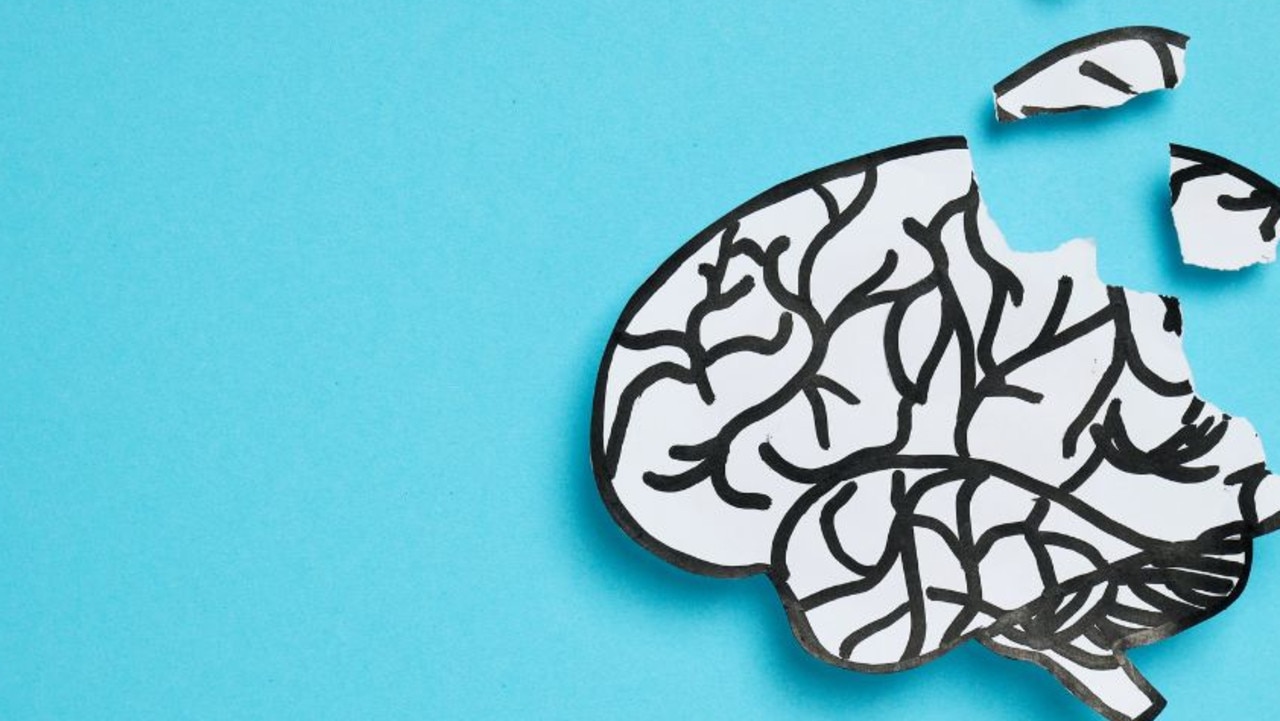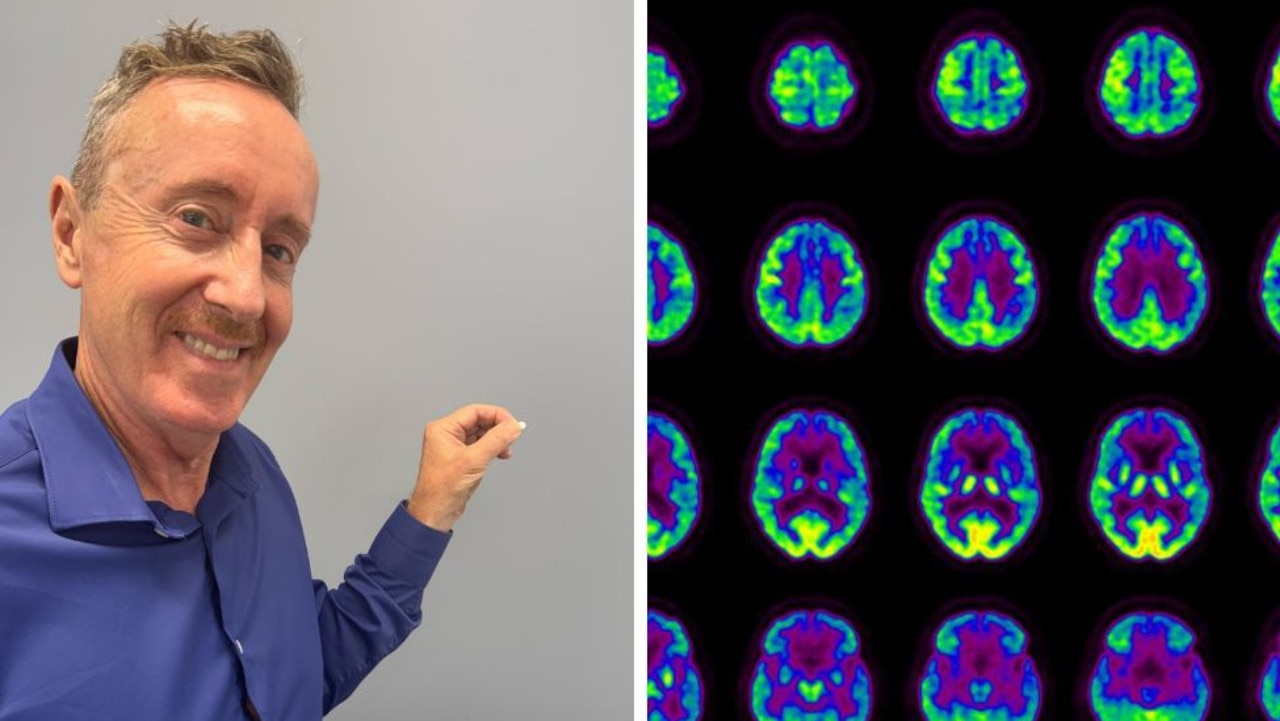Alzheimer’s patients can still empathise with their loved ones
For the first time, one part of brain function in Alzheimer’s patients has actually been shown to improve even though they lose their ability to socialise.

Dementia
Don't miss out on the headlines from Dementia. Followed categories will be added to My News.
Patients with Alzheimer’s disease retain the ability to empathise with their loved ones even as they lose other social skills, according to new research.
A study by University College London found that empathy remains “intact” as the disease progresses.
Those with Alzheimer’s even scored slightly higher on measures of empathy than peers of the same age without the disease.
The study examined their capacity for emotional empathy, including feelings of compassion or heightened levels of anxiety when others are in distress.
Researchers said this may be the first time that an aspect of brain function had been found to improve in people with dementia.
The paper analysed data from 28 previous studies into the social abilities of people with dementia, with 2,409 participants around the world. Dr Andrew Sommerlad, the lead author, said: “We found compelling evidence of preserved, or potentially even increased emotional empathy in people with Alzheimer’s disease, compared to people in earlier stages of cognitive decline. This finding could present an opportunity for researchers and health professionals to leverage these empathy skills in psychological support … to help them to build and maintain social connections.”

The finding that empathy is preserved could be useful in coming up with new strategies to help combat loneliness in people with dementia.
The research showed that, on the whole, dementia leads to a progressive decline in social cognition. Social cognition is the ability to process information about people and social situations, including interpreting body language cues or perceiving other’s motivations.
There was consistent evidence of a reduction in the ability of people with dementia to recognise facial emotions or understand the thought processes of others. These impairments can make it difficult for dementia patients to respond appropriately in social situations, causing distress and loneliness.
However, the researchers found that measures of emotional empathy were higher among those with Alzheimer’s disease than other older adults with early signs of dementia, such as mild memory loss.
The study, published in the journal Alzheimer’s & Dementia, said that retaining this ability to empathise while losing other social coping skills could contribute to emotion dysregulation in Alzheimer’s patients.
Puyu Shi, a PhD student at UCL and the report’s first author, said: “The impairments in social cognition experienced by people with dementia often result in difficulties in understanding others’ intentions and emotions, and responding appropriately in social interactions, which can cause distress.”
Alzheimer’s disease is the most common cause of dementia, a condition that affects nearly one million people in the UK.
The study concluded: “Further research is needed to clarify how different aspects of empathy are affected in people with distinct dementia syndromes.”
This article originally appeared on The Times
More Coverage
Originally published as Alzheimer’s patients can still empathise with their loved ones








